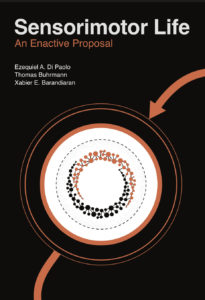Thursday 26th October 2023 at 14:30, Centro Carlo Santamaria, room 4
The talk will be hybrid, to participate remotely please contact andrea.gambarotto@uclouvain.be
Abstract
We outline an alternative to both scientific and liberal naturalism which attempts to reconcile Sellars’ apparently conflicting commitments to the scientific accountability of human nature and the autonomy of the space of reasons. Scientific natu- ralism holds that agency and associated concepts are a mechanical product of the realm of laws, while liberal naturalism contends that the autonomy of the space of reason requires that we leave nature behind. The third way we present follows in the footsteps of German Idealism, which attempted to overcome the Kantian chasm between nature and agency, and is thus dubbed ‘post-Kantian.’ We point to an overlooked group of scholars in the naturalism debate who, along with recent work in biology and cognitive science, offer a path to overcome the reductive tendencies of empiricism while avoiding the dichotomy of logical spaces. We then bring together these different streams of research, by foregrounding and expanding on what they share: the idea of organisms as living agents and that of a continuity without identity between life and mind. We qualify this as a bottom-up transformative approach to rational agency, which grounds cognition in the intrinsically purposive nature of organisms, while emphasizing the distinction between biological agency and full-fledged mindedness.

